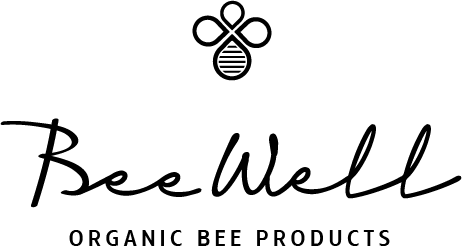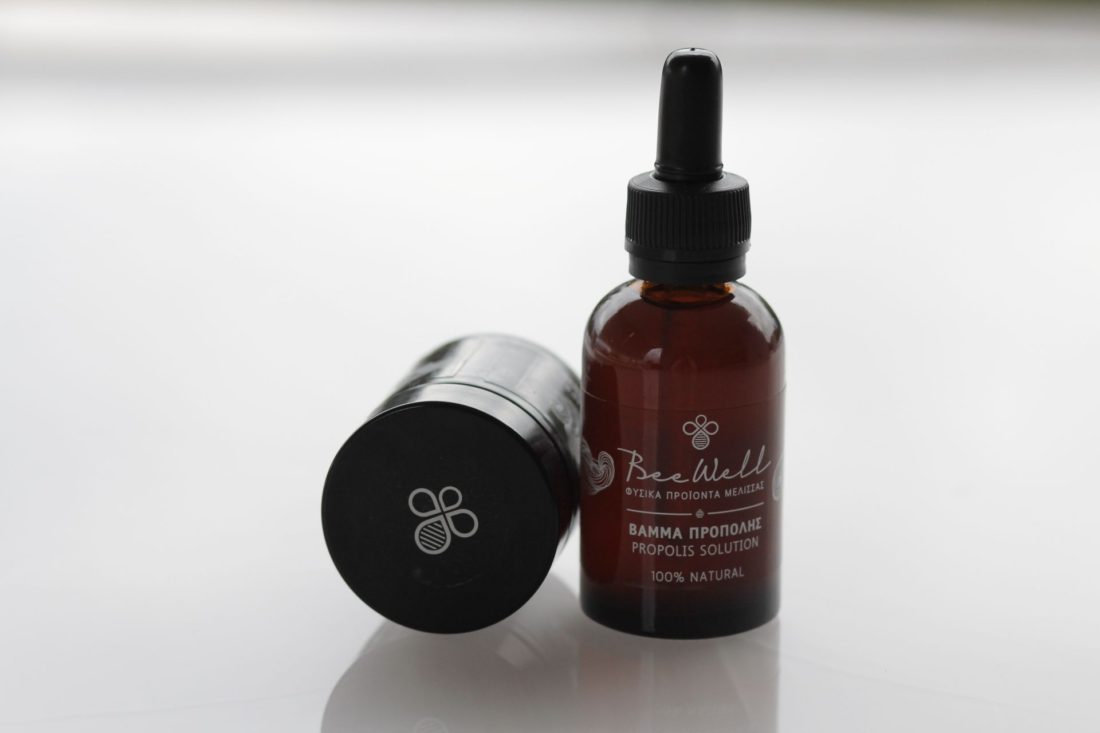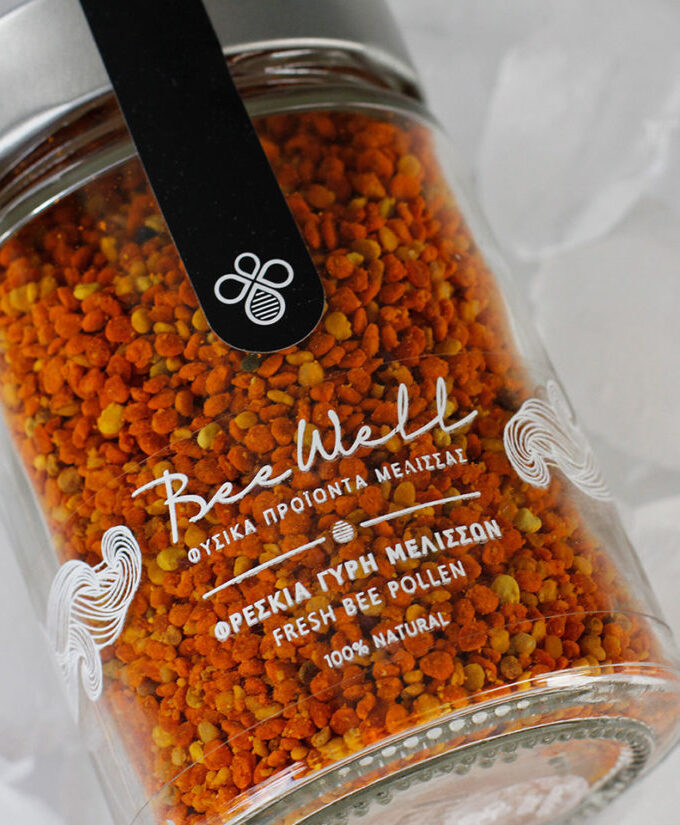A resinous mixture that honey bees collect from various plants and trees with the purpose of sterilising any infected part of their hives. It has a very complex composition and it consists of 300 different chemical compounds. Being very rich in essential oils, terpene, balsams, and flavonoids results in a series of medicinal properties such as:
- Alleviating flu and common respiratory diseases.
- Enhancing the effectiveness of the antibiotics.
- Being antibacterial and antifungal.
- Alleviating mouth diseases such as gingivitis and periodontitis.
- Being anti-diabetic, anti-inflammatory and antioxidant.
- Activating the immune system.
- Inhibiting the development of melanoma and mad malignant neoplastic cells.
- Being used on skin conditions such as herpes, acne, eczema, psoriasis, mycosis etc.
The solution to many modern health ailments and diseases is a lot more natural than we could imagine; it can be found in our environment and we have an obligation to it.
Dosage:
Adults: 15-20 drops dissolved in some water on a daily basis before meals. In cases of illness this dosage can be repeated up to three times per day.
Children: as many drops as their age (one drop per year) dissolved in some water once a day before their meal. If the taste is found unpleasant it can be mixed with a spoonful of honey.
Contra-indications
Contrary to antibiotics, propolis has only one known side effect which seems to be an allergy in a 0.1-0.2% of the total population. In order to avoid this unwanted side effect it is recommended that you begin with a small dosage on the first day and gradually increase it.








 No products in the cart.
No products in the cart.